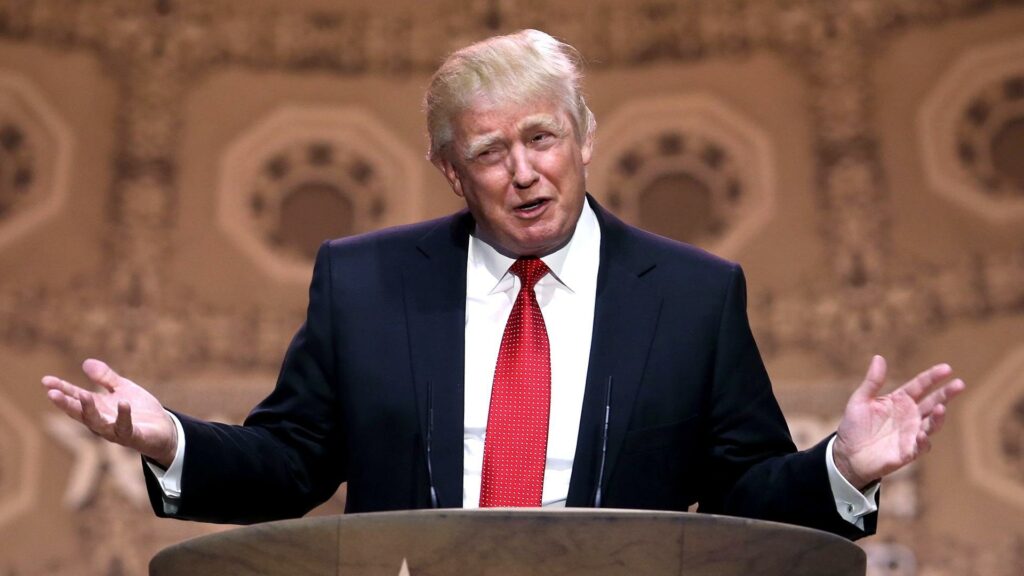U.S. President Donald Trump has significantly shortened his ultimatum to Russian President Vladimir Putin, declaring that Russia must agree to a ceasefire in Ukraine within 10 to 12 days from Monday or face severe economic repercussions. This marks a stark shift from his previous warning issued two weeks ago, which gave Putin 50 days to end the conflict or risk heavy tariffs.
Speaking in Scotland following a meeting with UK Prime Minister Keir Starmer, Trump stated that there is “no reason” to wait any longer as the war drags on with no progress towards peace. He hinted that official confirmation of the new deadline would come by Tuesday but reiterated his commitment to imposing sanctions and 100% secondary tariffs on any nation trading with Russia.
Ukrainian President Volodymyr Zelensky welcomed Trump’s intervention, calling it “extremely significant” and timely. In a post on social media, he praised Trump’s “clear stance and expressed determination” to save lives and end the war.
The proposed tariffs would essentially isolate Russia economically by making its goods prohibitively expensive for trade partners, thereby squeezing its revenues and pressuring it to seek peace.
However, Kremlin officials have shown little interest in yielding to pressure. Russian lawmaker Andrey Gurulyov dismissed Trump’s threats as ineffective both “on the front line” and in Moscow, while Kremlin spokesperson Dmitry Peskov previously acknowledged the U.S. warnings as “serious” but stressed the need for deeper analysis.
Despite Trump’s claims of once-positive dialogue with Putin, he now says he is “no longer interested in talks,” citing continued missile attacks on Ukrainian cities like Kyiv. This message quickly dominated Russian media headlines, underlining its geopolitical weight.
Yet the path to peace remains unclear. Russia’s demands neutral status for Ukraine, demilitarization, and NATO abandonment are unacceptable to Kyiv. Meanwhile, recent ceasefire talks hosted by Turkey yielded little more than prisoner exchanges.
As the war grinds into its fourth year with escalating violence, Trump’s bold new deadline may add urgency to diplomacy but also risks raising tensions further in a deeply entrenched conflict.

